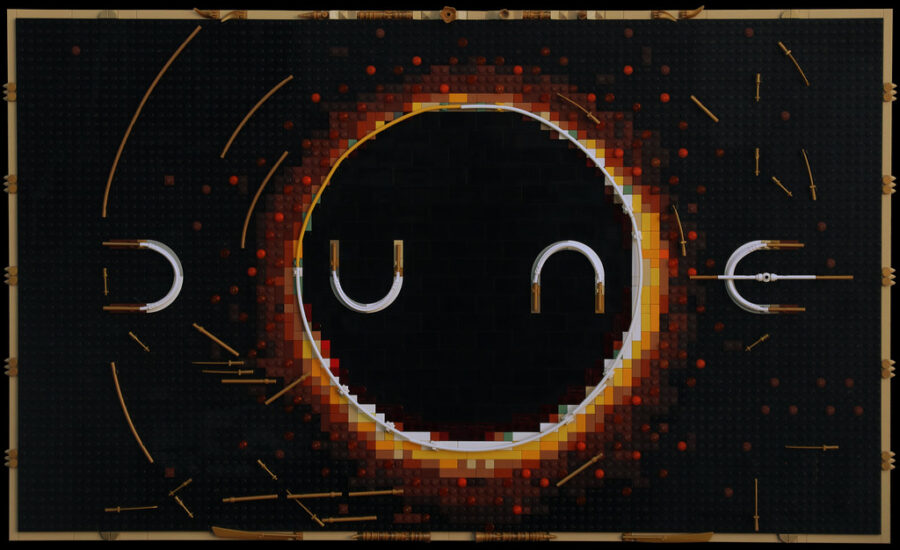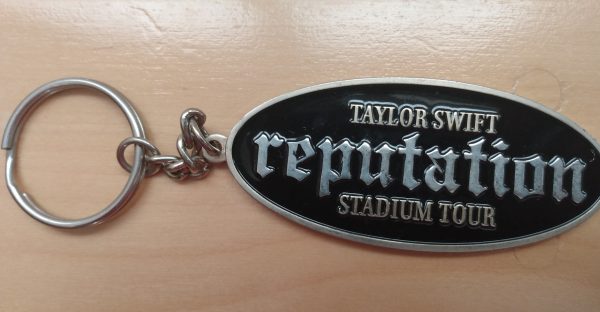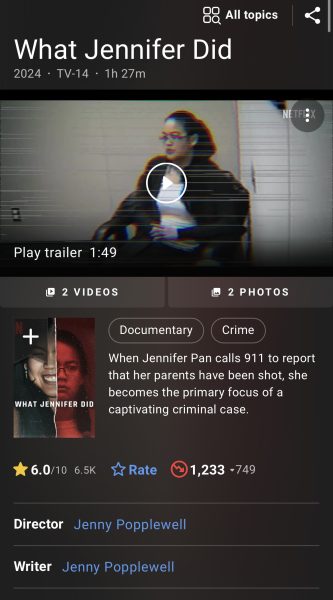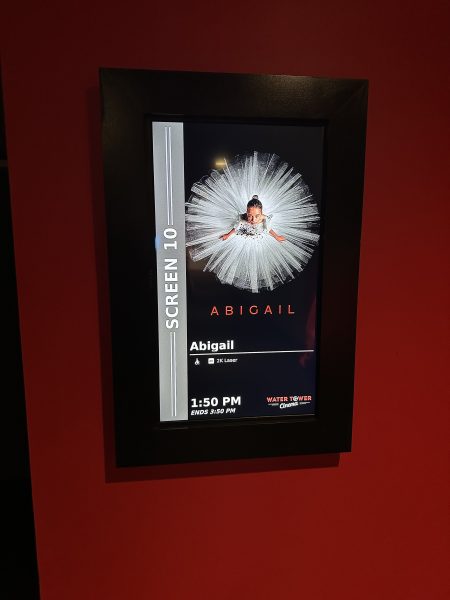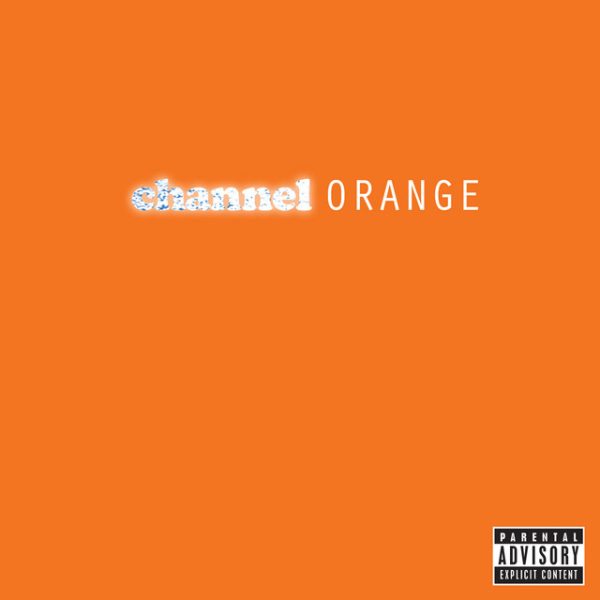Film Scores
Although most times an overlooked component of a film, the music score and soundtrack play a key role. Composers create the soundtrack to enhance the emotion and further connect the viewer to the film. No matter if the music is noticeable or not, it is still important and adds a deeper layer. Composers write the score based on the theme and idea of the film which allows them to pour feelings and passion into the music. People’s response to the sound of music can trigger the audience to begin feeling emotional when the director intended it to happen. Music is used to tell the audience when to feel, not how to feel. The two are extremely important to their success, both film and music can exist without the other but when used together it enhances the production. There are two movies that utilize their scores perfectly yet differently. The movie “Spiderman- Into the Spiderverse” incorporates both modern music and the original film score to tell the underlying story of the main character’s mental journey and “Dune” uses the strictly original score to transport the audience to thousands of millennia in the future.
A truly incredible score is for “Dune” created by Hans Zimmer. The score is unique and completely original. There are so many elements and musical experiments used in this score that come together to create dark and hypnotic pieces. It is a very rich score with lots of texture that derives from its production secrets. Above all, the score is dark and full of action just like the film. A long-time fan of the story, Damon Oaten, expressed his opinion on the movie and score, “I think that music was one of the absolute best parts of the movie. I think the person who made it knew and loved the story before because they captured the vibe of Dune so well and I was really impressed.” As an adaptation of the 1965 novel “Dune” starring Timotheé Chalamet follows Paul Atreides as he grasps the idea of his ever-growing legacy. As part of the Atreides House of Dune, Paul is born into a high societal family and has the possibility of being “The Messiah” that the Gesserits have prophesized. This means he is able to predict the future, control people with the sound of his voice, and bridge the gap between space and time. He and his family are sent to the planet Arrakis where they are tasked with mining spice, a drug that allows a person to travel at the speed of light. Before their arrival, it becomes apparent that Paul is shaping up to be the Messiah as he predicts his future love in Arrakis. After their arrival on the planet, all ends in war with the House of Harkonnen who are natives of Arrakis. This film takes place thousands of millennia away from the present day and the characters have little recollection of earth. Hans Zimmer wanted the soundtrack to reflect this and composed the score as though he had evolved with music played thousands of millennia in the future.
The score is mainly electronically produced with the inclusion of bras, drums, and wood instruments. When it came to playing the instruments, Zimmer told his musicians to play their instruments in a way that feels wrong to them or the wrong way to play it. This added texture and an element of surprise to the score. He wanted there to be no trace of modern music in the score and he definitely achieved that. One thing that is fascinating about the composition of the score is the idea that over 20 feet of PVC pipe was set up in a warehouse with a microphone at the end so that the sound would be delayed and have an even deeper and more complex sound. Zimmer also reinvented typical choirs in the score as well. He sent a song to singers in over 10 countries and told them to sing it in their language. He took the audio and blended it into a futuristic eerie masterpiece. The standout of the score however is the powerful belt sung by Loire Colter. It is shocking and has become the special thing that causes people to immediately recognize the Dune soundtrack. Overall, Hans Zimmer was able to create a unique, powerful, and hypnotizing score that captures the ambiance of the sci-fi movie perfectly.
Another example of a unique film score comes from the 2018 film, “Spider-Man: Into the Spider-verse.” This film perfectly blends the use of a classic orchestral superhero score with modern-day hip-hop music. The genius of this score was created by Daniel Pemberton. Before we get into the score, an overview of the film is necessary in order to understand why the score works so well. This film follows high school student Miles Morales and his life in Brooklyn. When he suddenly gets bit by a radioactive spider whilst exploring with his uncle, Miles begins to develop powers that turn him into Spider-Man. He spends a lot of time struggling with his newfound way of life but soon finds relief. Miles runs into the one and only Peter Parker. He then realizes that there are people with his powers across many different universes. These newfound friends of Miles help him feel more confident while he adjusts to being Spider-Man.
One of the cool things about this film score is that it associates certain types of music with the emotions that Miles is experiencing. Whenever Miles feels comfortable and in his element, you hear modern-day music. This includes original songs from a plethora of big artists at the moment. Post Malone, Nicki Minaj, Juice WRLD, and many other artists all have features on this film’s soundtrack. All of these artists fit into the hip-hop gene which lets you know what Miles’s taste is and the kind of music he likes. Whenever Miles is at his house, in his room, or doing what he loves, hip-hop music is extremely prevalent in the background. In contrast, whenever Miles is at his new school where he doesn’t really know anybody and feels out of his element, there is a different sound. During these moments the more classical and traditional type of score music is in the background. You can hear more orchestral elements and dark production elements during these scenes.
At the climax of the movie, there is a scene that combines both the modern hip-hop aspect and the original score aspect. In this scene, Miles is trying to get better at using his Spider-Man skills. He wants to get better at moving from high places and getting around using his sticky hands. Miles decides to take a leap of faith and ends up succeeding. In this scene, there is a mashup between the song, “What’s Up Danger,” by Black Cavier and Blackway, and the original score by Daniel Pemberton. Daniel decided to combine these two songs together because it makes everything come full circle for Miles. He is finally able to feel comfortable and at peace with the fact that he is Spider-Man and there is nothing that he can do about it.
The way that the score for this film was reconstructed enhanced the film greatly. David Archibascio, an avid movie watcher, said, “I liked how I could tell how Miles was feeling by what song was playing.” That is definitely one of the most valuable things about this movie’s score. It provides a deeper understanding of the main character.
Film scores are arguably the most important part of movies. Having music present in the background lets the viewer know that it’s time to feel something and that what you are watching is important. Overall, film scores always make for a better experience while watching movies.
Hannah Oaten, Grade 12. Interests/hobbies include listening to music, thrifting, hanging out with friends, vinyl collecting, and traveling. Hannah hopes...
Taylor Archibascio, Grade 12. Interests/hobbies include listening to music, hanging with friends and family, snowboarding, walking her dog, and going to...
